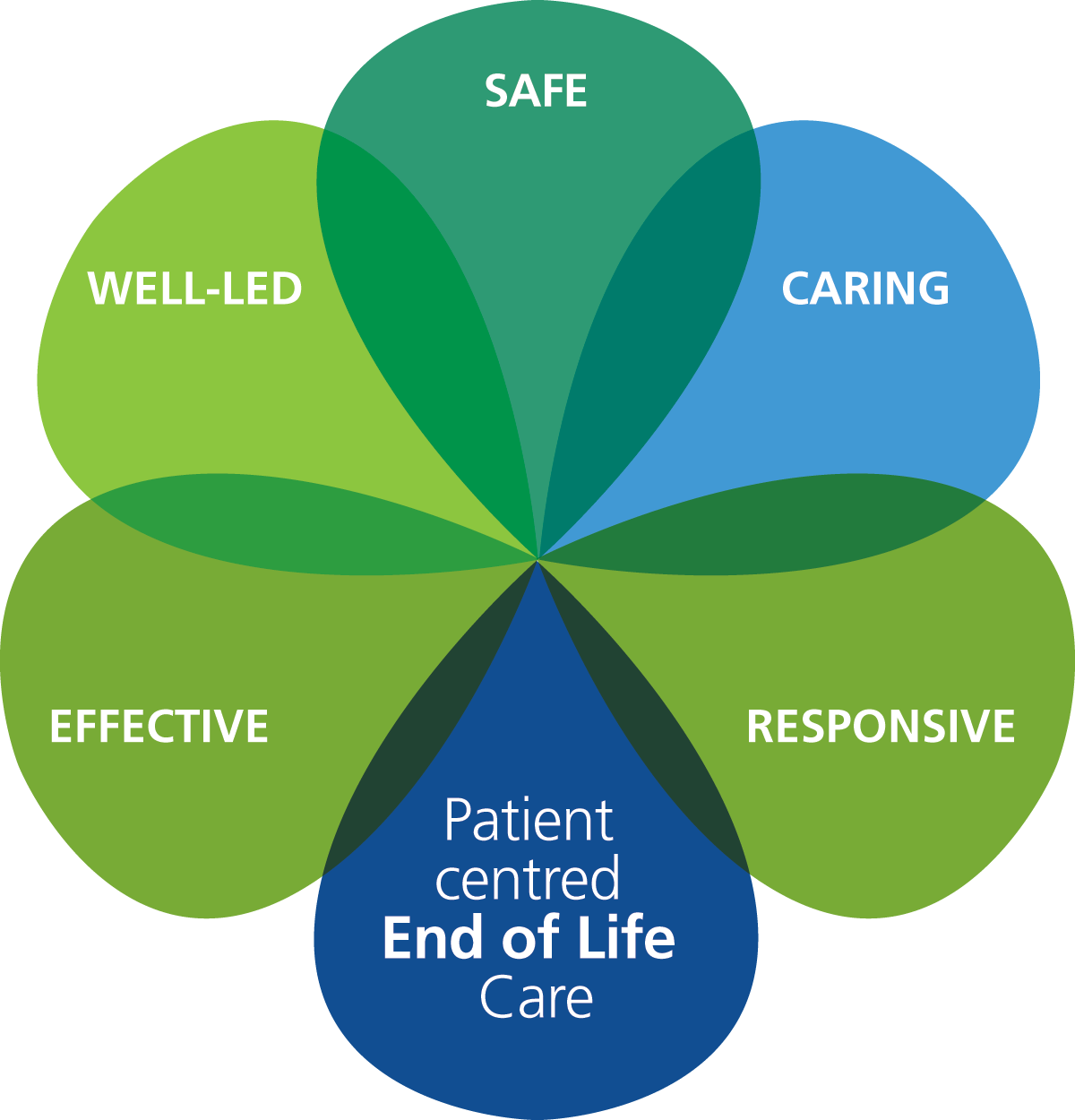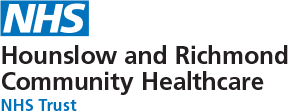Our mission as an organisation is to provide care that we and our families would want to use. We believe this is integral to caring for our patients approaching death.

End of life care covers the care received by people who are likely to die in the next 12 months, as well as care in the last days and hours of life, and care after death, including bereavement support for families and loved ones.
The Ambitions Framework 2021 – 2026 aims to make sure people living with advanced, progressive and life-limiting illness have the best possible experience of care throughout their remaining life and in death, and that those who are caring and bereaved are supported. This is achieved by making sure that:
- Each person is seen as an individual
- Each person gets fair access to care
- Maximising comfort and wellbeing
- Care is coordinated
- All staff are prepared to care
- Each community is prepared to help
HRCH welcomes feedback on the quality of the end of life care we deliver and the experience that you and your family have had. All feedback received helps improve the care that we provide.

Throughout the conversation, the healthcare professional will listen, understand and make notes on:
- What is important to the person in their day-to-day life
- Their preferences or wishes about their care
- What support they need and who is best placed to provide this
- Information about others who may be involved in that person’s care, such as relatives
The care plan is then created following this conversation using the Urgent Care Plan. As soon as information is saved on the plan, it is visible to all health and care services who use it.
This includes the London Ambulance Service, 111 and Out of Hours GP services who may see the person in an emergency.
For more information on the Urgent Care Plan for London, click on the links below:


- A voluntary process of discussion and review to help an individual who has capacity to anticipate how their condition may affect them in the future and, if they wish, set on record choices about their care and treatment.
- A key means of improving care for people nearing the end of life and of enabling better planning and provision of care, to help them live well and die well in the place and the manner of their choosing. It enables people to discuss and record their future health and care wishes and also to appoint someone as an advocate or surrogate, thus making the likelihood of these wishes being known and respected at the end of life.
By thinking ahead, discussing with others and writing things down, the patient’s wishes are known and respected, and patients are more likely to receive the care they wish in the place of their choice if they become unwell, or are no longer able to speak for themselves.
The main goal is to clarify people's wishes, needs and preferences and deliver care to meet these needs (The Gold Standards Framework). More information for patient’s and carers can be found on the Gold Standard Framework website
For more information on advance care planning and personalising palliative and end of life care, click on the links below:
NHS England Personalised Palliative and Support Planning
NHS England Helpful Resources

